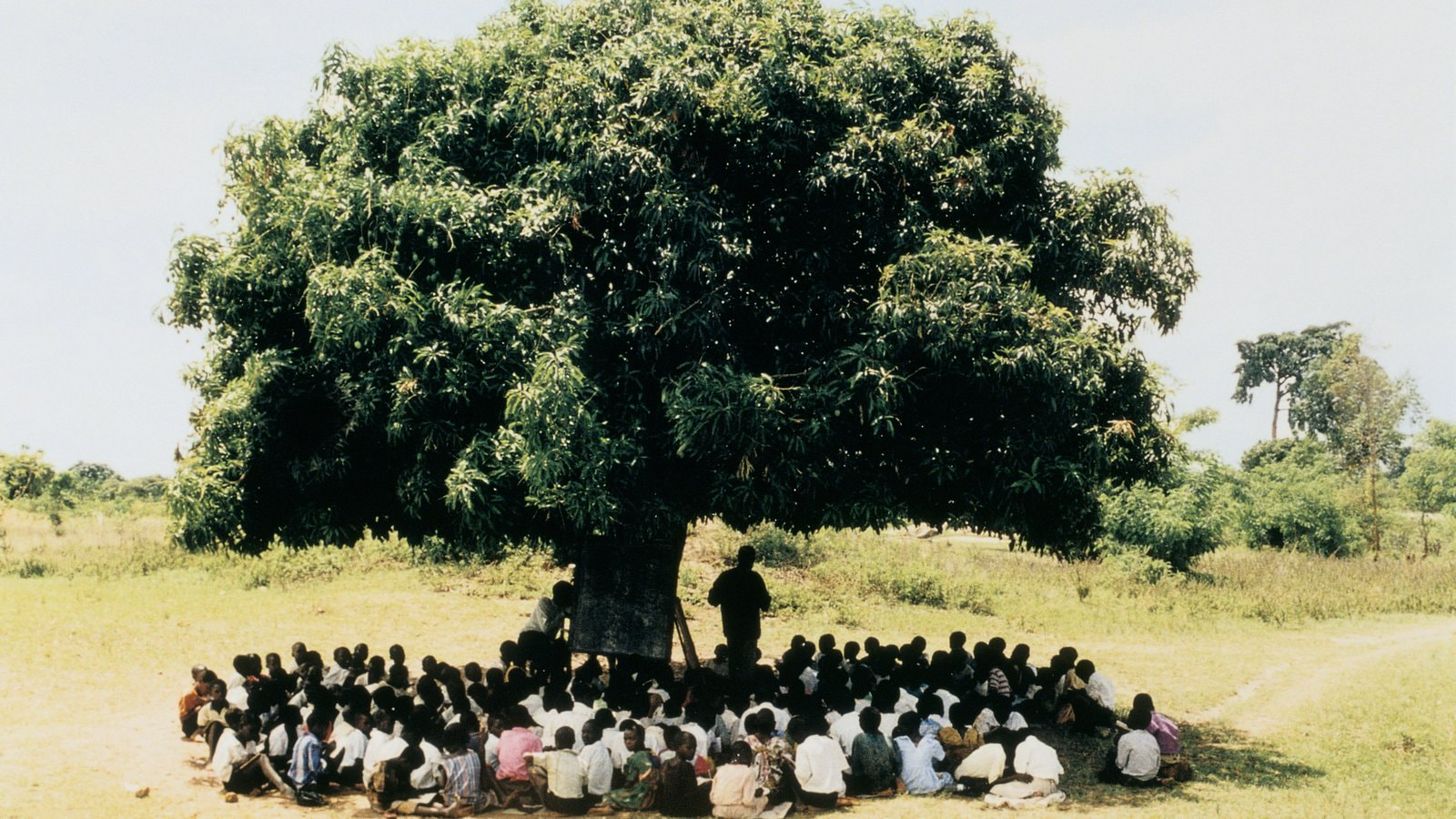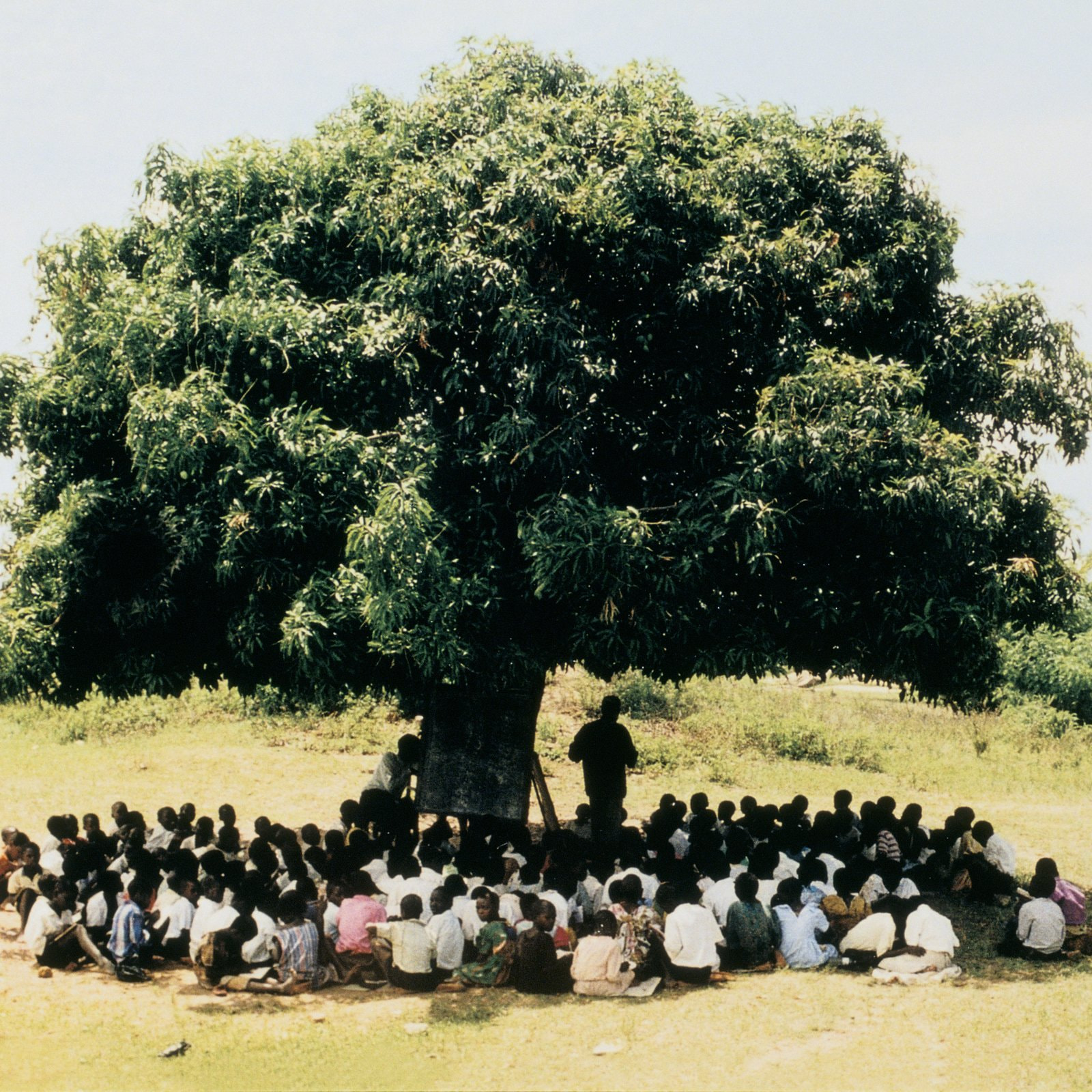The fourth section in the retrospective is focused on Abbas Kiarostami’s first digital films—the experimental works that naturally reanimated the magic of classical cinema in a new form.
Like many other filmmakers, at the beginning of the new century, Kiarostami did not only give up film for a digital camera but became its champion, for in digital, he saw new opportunities for film and for interacting with the everyday and the political reality.
For Kiarostami, the digital moving image was an organic development of film, allowing for a more minimalist yet monumental aesthetic and a more uninterrupted and contemplative gaze.

